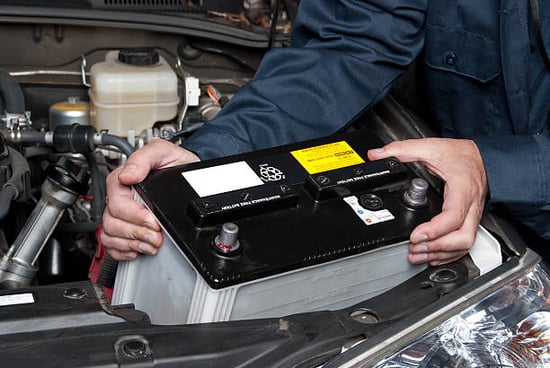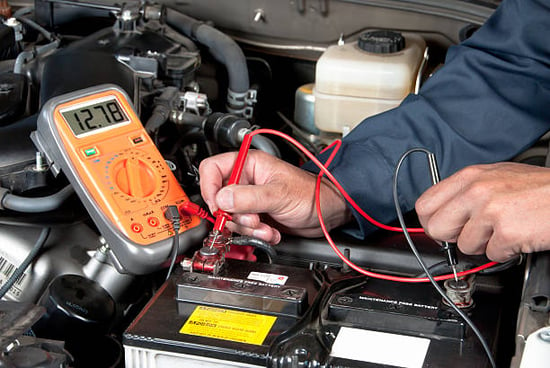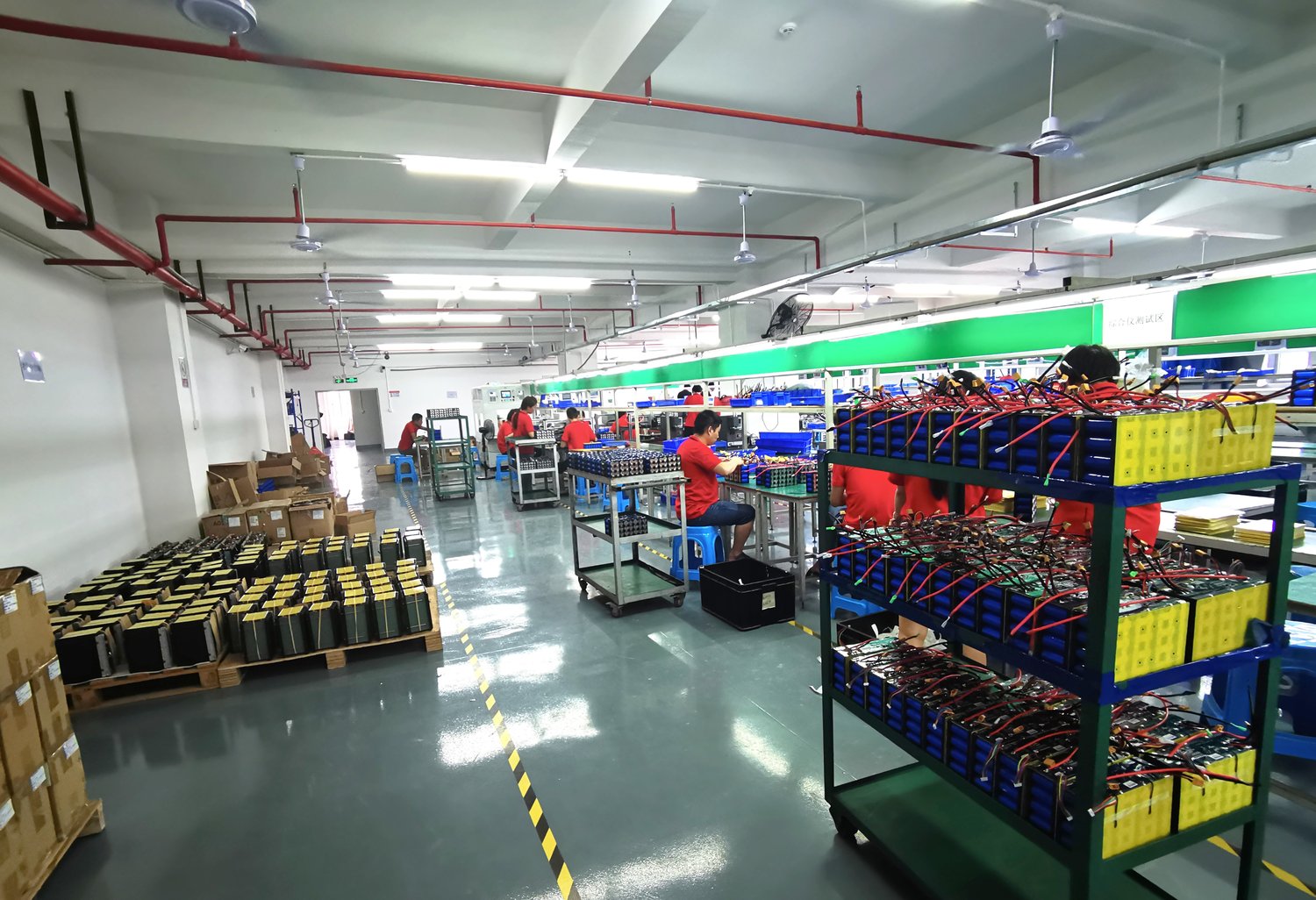Batteries are one of the least technical components in your UPS, yet one of the most critical. They are electronic devices that require regular checks to ensure safe and proper operation. From the moment they are placed into service, batteries begin to deteriorate due to use and environmental conditions. The best way to ensure high availability is through a comprehensive preventive maintenance program. When this program is executed by a team that performs millions of battery transactions a year, while adhering to all manufacturer and Institute of Electrical and Electronics Engineers (IEEE) standards, you’ll maximize service life and minimize downtime. Our battery preventive maintenance services include:

During preventive maintenance visits, KESHEE works to minimize battery-related UPS failures by performing a complete visual inspection in which our technicians do the following:
a. Look for evidence of corrosion
b. Check appearance and cleanliness of battery, rack/cabinet, and battery room
c. Remove dirt accumulation on the top of jars
d. Inspect for cracks, leaks, or bad cells, and check connection torques
e. Re-tighten battery connections per manufacturer’s specifications (if needed)

A variety of critical battery parameters are measured and recorded during preventive maintenance visits. These measurements include:
a. Total float voltage and charging current
b. Overall AC ripple voltage and current
c. Ambient temperature
d. Temperatures and float voltage of all individual jars
e. Connection resistances
f. All internal ohmic readings

Visual inspection can identify the need to have cell connections refurbished. This corrective maintenance will be performed during the regular maintenance visit. Additionally, essential or preferred contract customers may require the replacement of defective lead-acid batteries. When the battery string meets Vertiv’s defined conditions, technicians will perform replacement as needed.

Measurement and test results are compiled into a detailed report. This report notes any deficiencies, as well as corrective action needed, taken and/or planned.

Batteries are one of the least technical components in your UPS, making it easy to overlook their importance in providing backup power. As a result, UPS battery failure is the most common cause of unplanned outages. From the moment they are placed into service, batteries begin to deteriorate due to use and environmental conditions. The best way to ensure high availability is through a comprehensive preventive maintenance program. As part of a proactive battery management strategy, preventive maintenance optimizes battery performance and reliability to ensure business continuity.